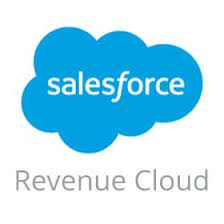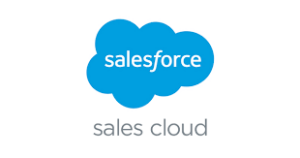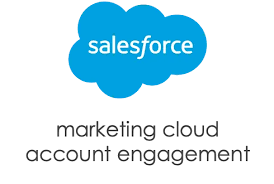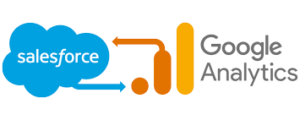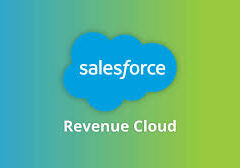Integrate Salesforce Revenue Cloud with Sales Cloud to expedite the generation of new revenue streams and optimize operational efficiency through automation and actionable insights at every stage, from sales planning to execution. Enhance channel sales and elevate partner performance by seamlessly overseeing resellers, distributors, brokers, and more. Sales Cloud integrated with Revenue Cloud help you foster revenue growth.

For the integration of Salesforce Revenue Cloud with Salesforce Marketing Cloud, businesses must establish data synchronization between the two platforms. This entails mapping the fields in Salesforce Revenue Cloud to their corresponding counterparts in Salesforce Marketing Cloud, facilitating the seamless exchange of customer data between these two clouds.
Foster profitable growth with Revenue Cloud by automating end-to-end processes from product-to-cash, encompassing product catalogs, pricing, configuration, quoting, order management, fulfillment, billing, and contracts. Facilitate rapid expansion with flexible revenue models and swift time-to-market. Trim operational costs by automating policies, controls, and processes at scale. Unify sales, finance, and legal functions on the #1 AI CRM platform.
Enable Self-Service by Sales Cloud integration with Revenue Cloud
Enable self-service buying capabilities wherever customers choose to engage, whether within applications, on a webstore, through partner sites, or chat portals. Expedite the offering of subscriptions, add-ons, or one-time sale products with ease — all accomplished with clicks, not code. Sales Cloud integrated with Revenue Cloud empowers marketers and customers.

Ensure Uniform Buying Experiences
Ensure uniform buying experiences across all sales channels. Simplify online shopping and checkout processes by presenting consistent product and customer data across various customer touchpoints. Empower customers to add products to an app store shopping cart and complete the checkout process on the website at their convenience. Streamline product catalogs to minimize system costs and reduce data duplication across sales channels.
Activate swift and effortless self-service options for customers to upgrade, add-on, and renew transactions on their terms. Liberate representatives’ time to concentrate on high-value customer conversations, relationship building, and navigating complex deal cycles.
Contact Tectonic today to explore integrating Sales Cloud and Revenue Cloud.

